
It is said that drawing and values do most the “heavy lifting,” meaning to me that if the drawing is strong and the values are correct there is a likely possibility that a painting, even sparsely painted, will be a success. Consider this: Most of what we see is gray. Practically nothing that we see is the color straight out of the tube. John Singer Sargent was a master at painting grays. But for those of us who are a far cry from the likes of Sargent, how do we take that baby step to color that some of us need?
This story is from the {{IssueName}} edition of {{MagazineName}}.
Start your 7-day Magzter GOLD free trial to access thousands of curated premium stories, and 9,000+ magazines and newspapers.
Already a subscriber ? Sign In
This story is from the {{IssueName}} edition of {{MagazineName}}.
Start your 7-day Magzter GOLD free trial to access thousands of curated premium stories, and 9,000+ magazines and newspapers.
Already a subscriber? Sign In

Fresh Eyes
Anna Rose Bain discusses the passions of being an artist and helping students transform their own work
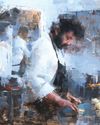
The Next Level
Jacob Dhein uses a wet-into-wet technique to create painterly depictions of a variety of subjects

Wild Spirit
Alternating between broad glazes and fine details, Claire Milligan captures the intricacies of the animal kingdom
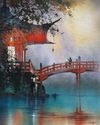
The Bridge Between
Watercolorist Thomas Wells Schaller delves into the nuances of observation and imagination
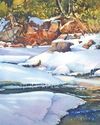
The Color Continuum
Catherine Hearding demonstrates how she utilizes color to enhance the mood of her landscapes

Points of Precision
A strong focal point and attention to detail make Nicola Jane's artwork jump off the page

BE YOURSELF
Harley Brown's fascinating things no one else will tell you
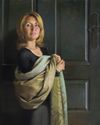
JEFFREY T. LARSON
Expertly Putting the Pieces Together
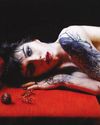
Hot-Blooded
Blending elements of realism and surrealism, figurative artist Anna Wypych’'s paintings are dominated by vivid reds
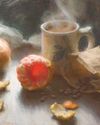
Adam Clague Incandescence
Adam Clague’s masterful understanding of contrast allows him to paint subjects that seem to glow from within